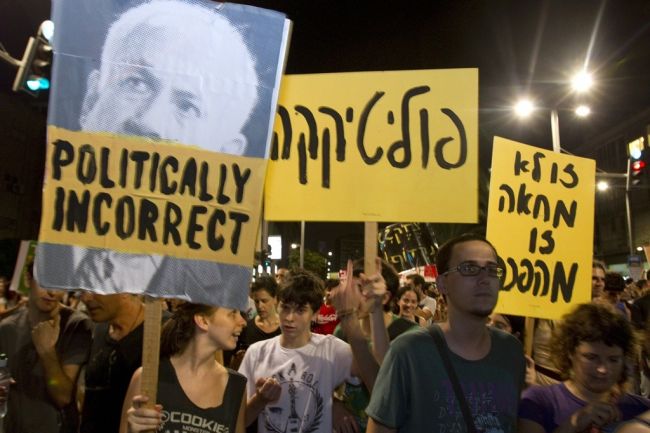Egypt’s State Council ratified the final draft of the contract between Egypt and Russia to build a nuclear power plant in Al-Dabaa.
President Abdel Fattah Al-Sisi met with Rosatom CEO Sergey Kiriyenko in Cairo last Thursday to discuss the final technical and financial aspects of the contracts between the two countries regarding the plant.
Egypt’s new energy mix expands on nuclear energy use, as well as other fossil fuels, which raised concerns among environmentalists.
According to the environment minister, the new energy mix is based on 5% of nuclear energy, 15% coal, and 33% renewable energy, in addition to alternative fuels.
During the visit of Saudi King Salman bin Abdulaziz Al-Saud to Cairo in April, Egypt and Saudi Arabia signed a bilateral agreement to increase cooperation between both countries in the field of nuclear energy. The agreement, which will extend for 10 years, was ratified by the parliament in late July.
Amena Sharaf, environmental researcher at the Egyptian Center for Economic and Social Rights (ECESR), told Daily News Egypt that the issue of nuclear energy is notoriously controversial in all countries, not only in Egypt.
Furthermore, she said that in Egypt, no information about the deal or its technical aspects is available to the public, which disables oversight on its safety measures.
According to Sharaf, nuclear energy is not a sustainable source of energy due to constant change in its prices.
“Egypt needs energy but it remains unclear as to whether it needs that much fuel,” she concluded.
In a joint study by the Heinrich Böll Foundation and ECESR, published in late March, it appears that the primary consumers of water are nuclear and coal-fired power stations for cooling purposes.
The study, which aims at finding alternative and more environment-friendly scenarios for energy use in Egypt, highlighted that water shortages are already a reality in Egypt.
It advised: “An equitable pathway for generating energy in Egypt cannot therefore rely on large amounts of water being accessible over the next 50 years.”


